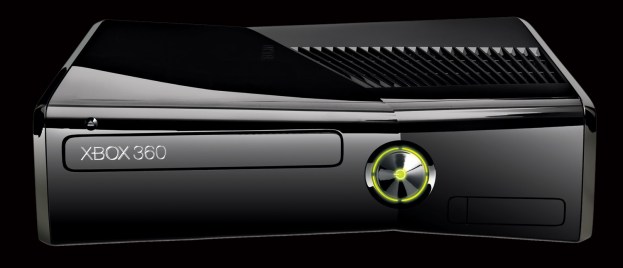
When it comes to fighting back lawsuits related to the Xbox 360, Microsoft’s got a pretty spectacular track record. After more than a year of back and forth battling with Google’s Motorola, the International Trade Commission (ITC) officially cleared Microsoft of having infringed on Motorola-owned patents in the design of the Xbox 360. “It is held that a violation of section 337 of the Tariff Act, as amended, has not occurred,” wrote ITC Judge David Shaw on Friday. Put another way: Motorola can take its proposed royalty fees and stuff them in an old Razr flip phone.
It all started back in 2012 when Motorola claimed that a number of Microsoft products infringed on five patents held by Motorola. The patents in question related to video encoding technology as well as ActiveSync tech, the apps in Microsoft products that let them sync with mobile phones and tablets. The Xbox 360 was one of the products that came under fire.
Microsoft didn’t deny that it used technology patented by Motorola, only that Motorola wasn’t allowing Microsoft to license said technology at a reasonable rate as dictated by FRAND commitments. Motorola instead wanted Microsoft to pay a 2.25-percent royalty fee on every Xbox 360 and other infringing Microsoft product sold, which would cost, according to Microsoft, about $4 billion per year.
It’s surprising that Shaw ultimately determined that the Xbox 360 wasn’t guilty of infringing on those precious patents. It was Shaw who suggested that the Xbox 360 be banned from sale in the United States until the matter was settled, even going so far as to say that Microsoft should be blocked from importing consoles from its Chinese manufacturers. A number of companies came to Microsoft’s defense, particularly Acitvision Blizzard, which was worried about how an Xbox ban might affect its Call of Duty: Black Ops 2 sales. (Seeing as how the majority of annual Call of Duty sales are on Xbox 360, the ban would have hurt CoD sales.)
Microsoft won a decisive victory in the battle against Motorola in December, though, preventing the Xbox 360 from getting banned in both the U.S. and Germany. Judge James Robart took Microsoft’s side, claiming that Motorola was demanding unreasonable licensing fees on FRAND-type tech. Now the matter is wholly settled.
Editors' Recommendations
- These Activision Blizzard games need to come to Xbox Game Pass this year
- Microsoft has acquired Activision Blizzard: What does that mean for you?
- Microsoft will shut down the Xbox 360 Store next year
- Microsoft beat the FTC. Here’s what the controversial court ruling means for Xbox
- Microsoft wins FTC case, removing Xbox’s biggest Activision Blizzard acquisition hurdle


